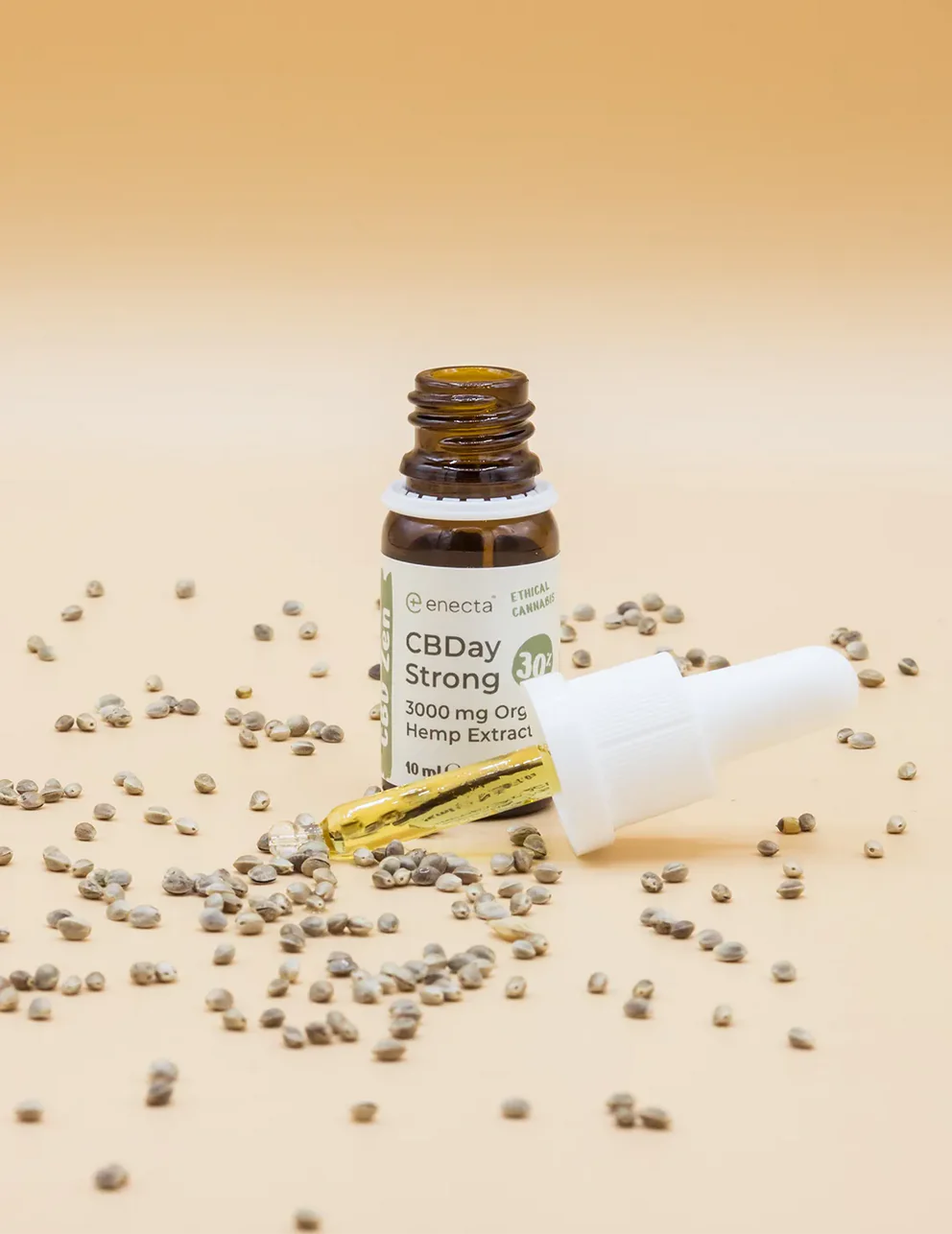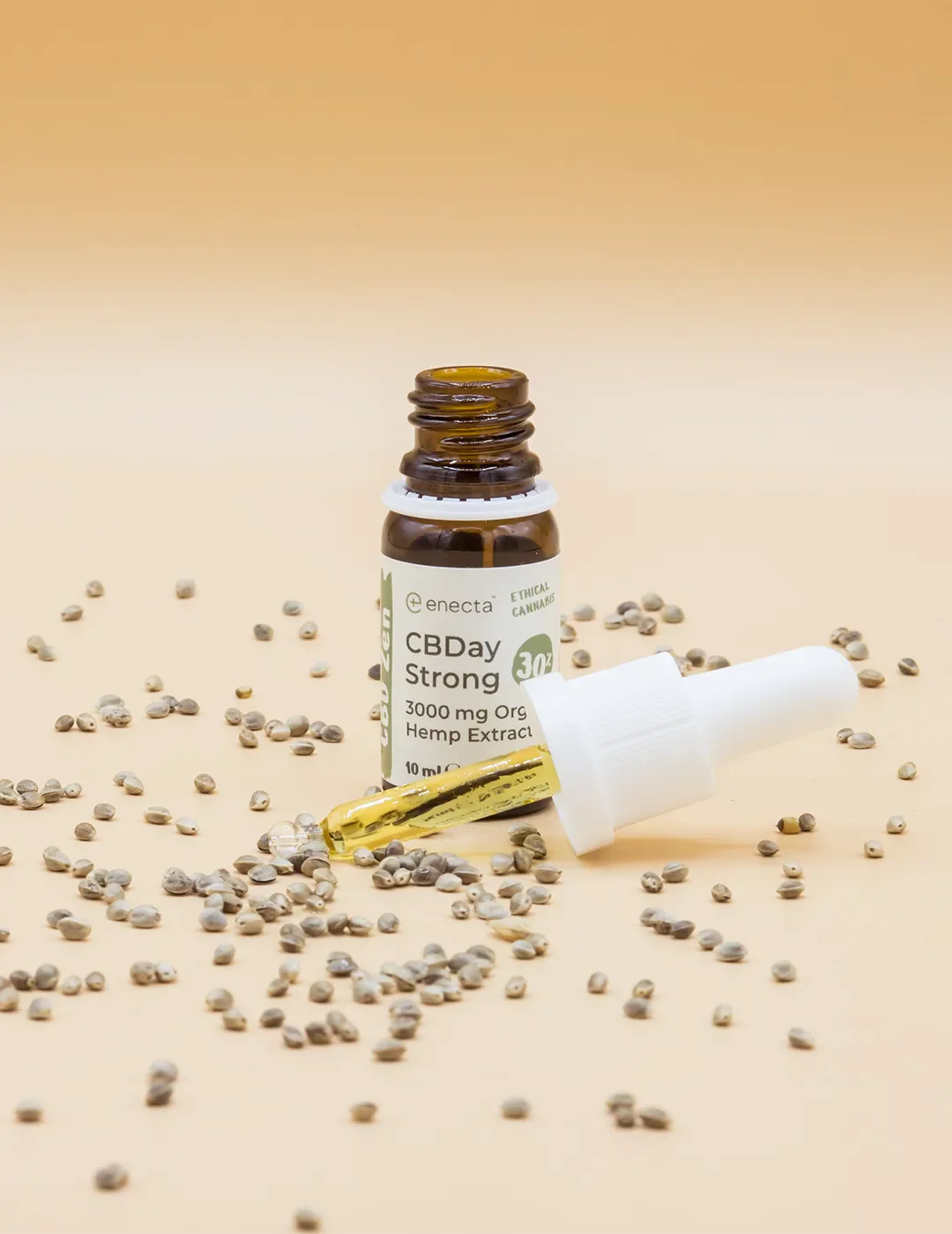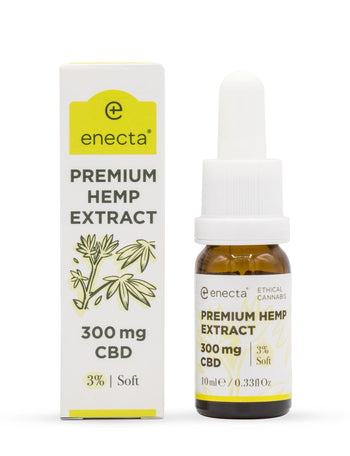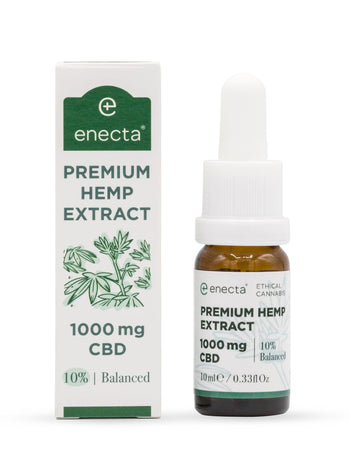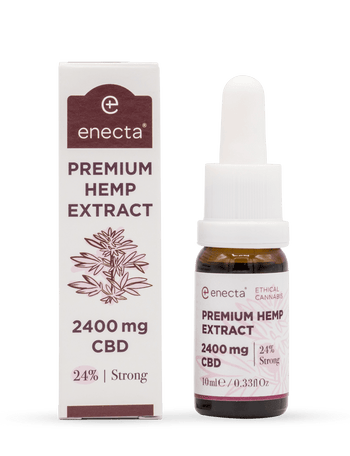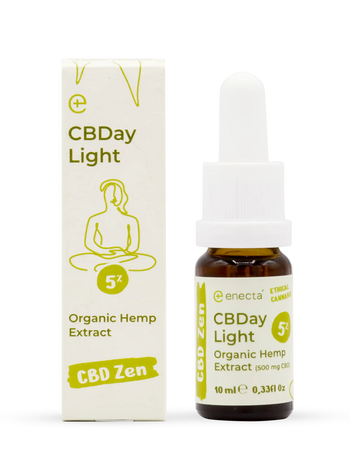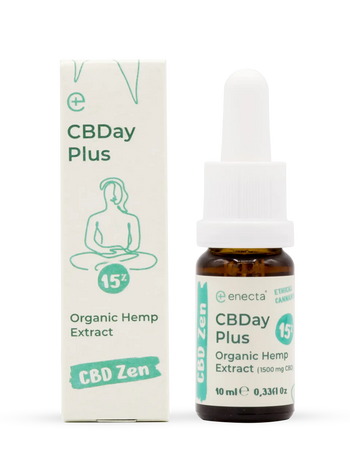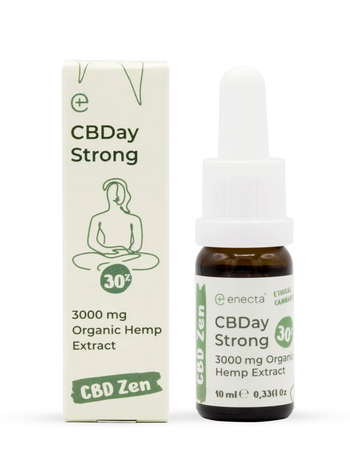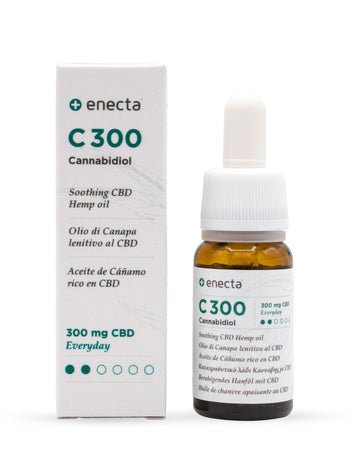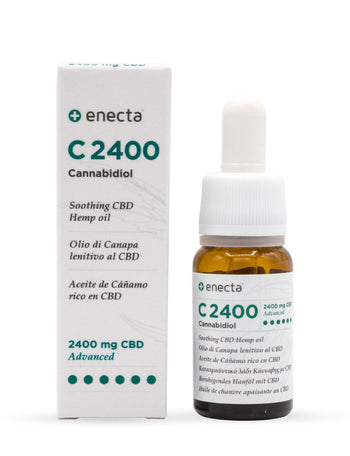CBD (Cannabidiol) and THC (Tetrahydrocannabinol) are the two most well-known cannabinoids of the cannabis plant, but they have distinct properties and effects:
Psychoactive Effect: The most noticeable difference between CBD and THC is their psychoactive effect. THC is the primary psychoactive cannabinoid in cannabis, causing the 'high' feeling often associated with marijuana. CBD, on the other hand, is not psychoactive and does not produce intoxicating effects.
Medical Application: Both cannabinoids have therapeutic potential, but they are often used for different conditions. While THC is commonly used for pain relief and appetite stimulation, CBD is often valued for its anti-inflammatory, anxiolytic, and neuroprotective properties.
Legal Status: In many countries and regions, THC is strictly regulated or illegal due to its psychoactive effects. CBD, however, is legal in many places, provided it is derived from hemp and contains only trace amounts of THC.
Side Effects: Although both cannabinoids are generally considered safe, THC can cause side effects like dry mouth, red eyes, increased appetite, and changes in cognitive functions. CBD has less pronounced side effects, which can include fatigue, diarrhea, and changes in appetite or weight.
Interaction with the Endocannabinoid System: THC binds directly to the CB1 receptors of the endocannabinoid system, explaining its psychoactive effect. CBD, however, has a more complex interaction with the endocannabinoid system and may modulate the CB1 receptors rather than binding directly to them.






